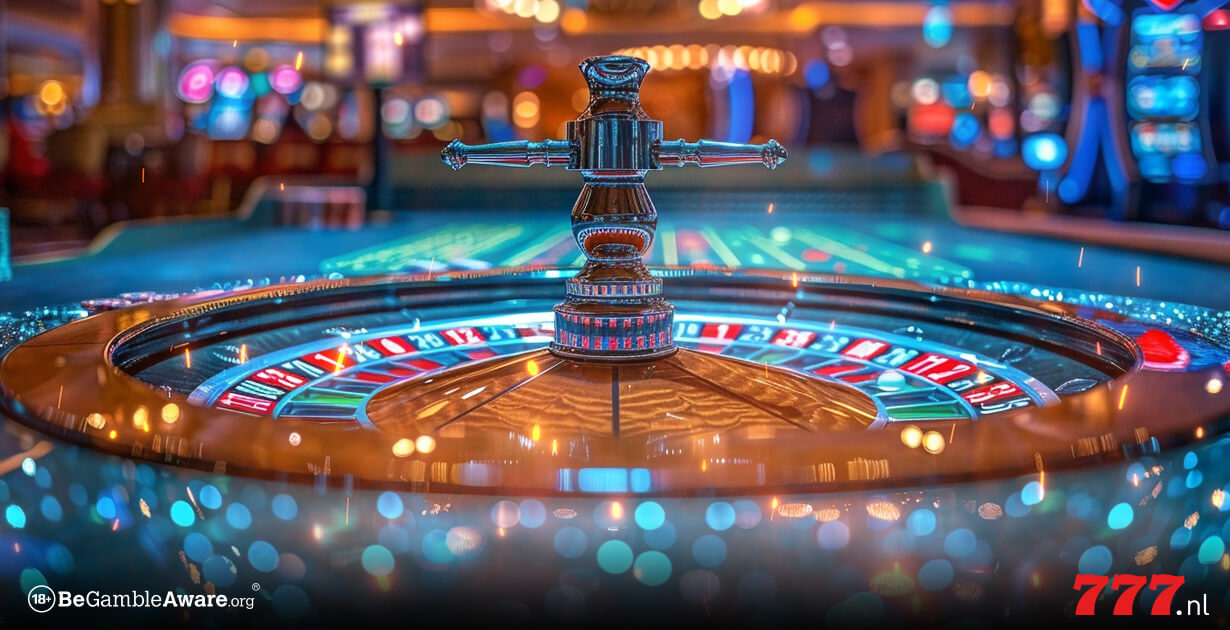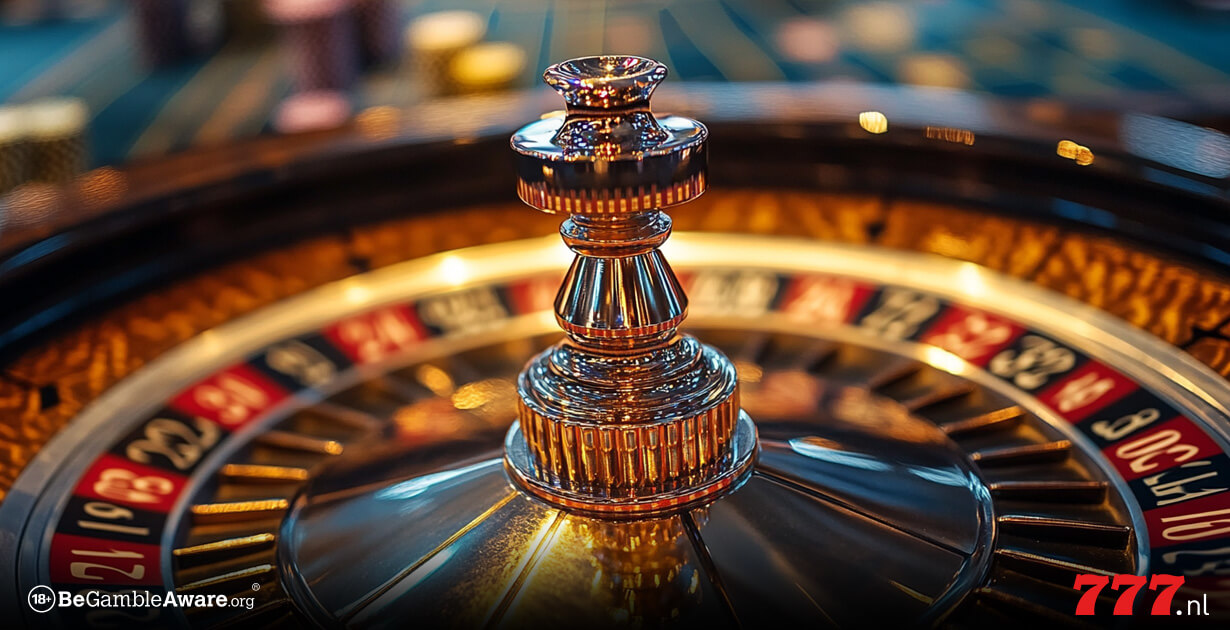Roulette, a game that originated in 18th century France, has a rich history. The name “roulette” comes from the French word for “small wheel”. In its earliest form, the game was played in Paris in 1796, where players bet on the outcome of a spinning wheel—a concept that has remained largely unchanged to this day. Originally, the wheel featured both a single and a double zero, a feature typical of American roulette.
The Impact of Computer Technology on Roulette
With the advent of the computer in the 20th century, roulette also changed. Software algorithms made it possible to simulate the game with unprecedented accuracy, leading to fairer and faster games. Computer-controlled roulette eliminated many of the human errors associated with manually operated roulette wheels and ensured a streamlined playing experience.
The Revolution of Internet Roulette
The rise of the internet brought about a significant change in how roulette is played. Online casinos made the game accessible from the comfort of the player’s home, promoting a global expansion of the game. Innovations such as random number generators (RNGs) ensured fair play and outcomes that are as random as those of a physical roulette wheel.
The Role of RNG in Online Casinos
RNG stands for “Random Number Generator” and is a crucial technological element in the world of online gambling. An RNG is a computer algorithm that generates a sequence of numbers that follow no predictable pattern, thus making the outcomes of online casino games, such as roulette, completely random. This technology ensures the integrity and fairness of the game by guaranteeing that each spin of the roulette wheel, every card dealt, and every dice thrown is completely random, just as in a physical casino. To ensure reliability and security, RNG systems are regularly audited by independent regulatory bodies that ensure the algorithms are functioning correctly and are not manipulated.
Security in Online Roulette
The safety of online roulette is crucial. Reliable online casinos, such as Casino777.nl, use advanced encryption technologies to protect players’ data. Furthermore, independent auditing firms ensure that the RNGs operate fairly and impartially, giving players the assurance that each spin of the wheel is random and not manipulated.
Live Online Casino versus Traditional Casino
Live online casinos offer an experience that mimics the social interaction of traditional casinos using real-time video connections. Players can follow the actions of a real croupier and interact with other players. In terms of security, these games are comparable to traditional casinos, as the same regulatory and technological protections apply.
Security Challenges: Addressing Fraud in Online Roulette
Indeed, there have been attempts by players to cheat in online casino games, including roulette. Because the game is popular both online and offline, the potential winnings sometimes attract individuals looking for ways to manipulate the system. Some methods players have tried include using bots that make automated decisions based on advanced algorithms, attempts to hack the software to influence the RNG, and collaborating with others in multiplayer games to play unfairly.
Online casinos are aware of such threats and therefore invest heavily in advanced security measures. They use encryption to protect data, conduct regular audits of their systems, and implement strict authentication processes to verify the identity of players. Additionally, casinos employ specialised software that detects unusual playing behaviour, which could indicate cheating or the use of prohibited software tools.
The Future of Roulette
The future of roulette looks promising with further technological advancements. Virtual reality (VR) and augmented reality (AR) are set to draw players deeper into the game, with the possibility of stepping into a fully immersive casino environment without leaving their homes. Moreover, improvements in artificial intelligence (AI) could further refine how games are conducted and secured, promising an even fairer and more extraordinary gaming experience.
Concluding Thoughts: The Evolution and Future of Roulette
Roulette has come a long way from its origins in 18th century France to its current digital formats. The use of advanced technologies such as RNGs and real-time video connections has transformed roulette into a game that is not only globally accessible but also fair and secure. With ongoing advancements in technology like VR, AR, and AI, roulette continues to evolve, retaining its historic charm while attracting new generations of players. These technological integrations promise a future in which roulette will always be a key component of both physical and online casinos, and where the integrity of the game is maintained through strict security measures and regulations. As we look forward, the essence of roulette—a game of chance and strategy—continues to fascinate and entertain players worldwide.
Frequently Asked Questions about the Evolution of Roulette Through the Ages
What is a Random Number Generator (RNG) and why is it important for online roulette?
A Random Number Generator (RNG) is a computer algorithm that generates random numbers. In online roulette, the RNG ensures that the outcomes of the game, such as where the ball lands, are completely random. This is crucial for the fairness and integrity of the game.
How does live online roulette differ from traditional casino roulette?
Live online roulette is streamed via a video connection with real croupiers guiding the game, similar to a physical casino. Players can interact with the croupier and sometimes other players, offering a more social and interactive experience than standard online roulette, where outcomes are determined entirely by software. The rules of the game remain the same, but the playing experience can be more personal and engaging.
What can we expect from the future of roulette with technologies such as VR and AR?
The future of roulette with the integration of technologies such as Virtual Reality (VR) and Augmented Reality (AR) promises an even more immersive gaming experience. Players will be able to enter a virtual casino floor, where they can walk around, interact with other players, and view the roulette table from various angles. This will mimic the feeling of being in a real casino and provide a deeper, richer gambling experience.




